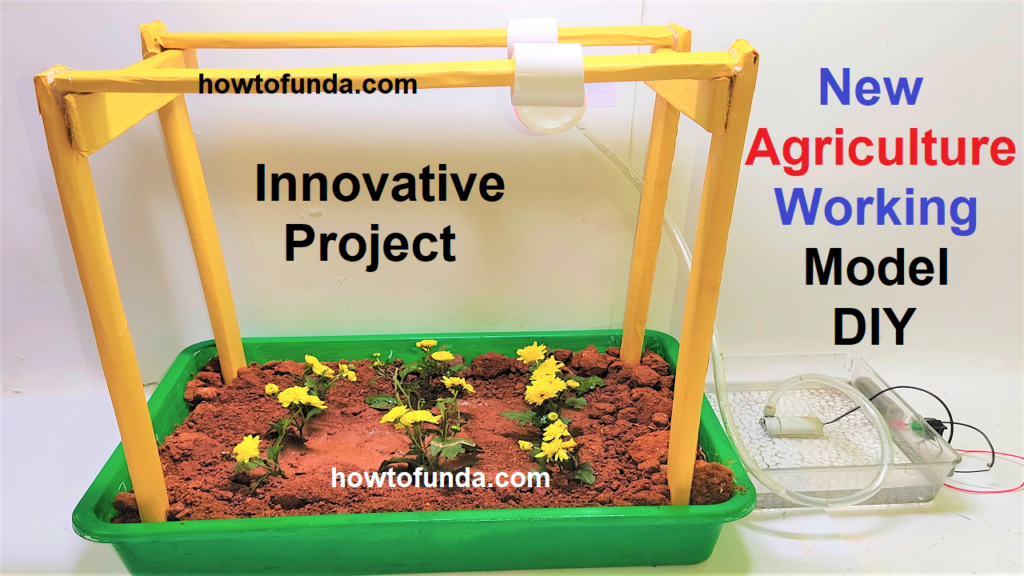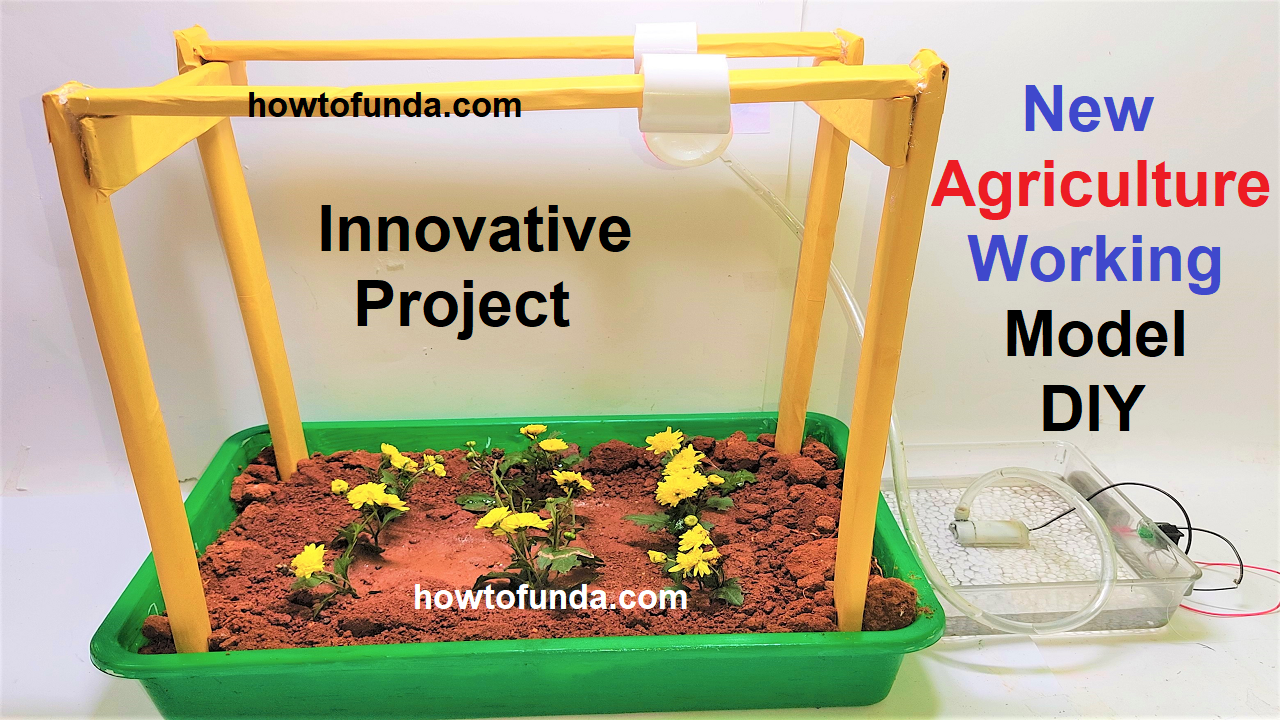25 agriculture project-related questions and answers suitable for students in class 9 and class 10. These questions cover various aspects of agriculture, including farming practices, crop management, and sustainable agriculture:

Basics of Agriculture:
- Q: What is agriculture?
- A: Agriculture is the practice of cultivating soil, producing crops, and raising livestock for human use and consumption.
- Q: Name three primary activities involved in agriculture.
- A: Plowing, planting, and harvesting.
- Q: What is the importance of agriculture in our daily lives?
- A: Agriculture provides food, raw materials for industries, and supports livelihoods globally.
Crop Management:
- Q: What is crop rotation, and why is it important?
- A: Crop rotation is the practice of growing different crops in the same area in sequential seasons to improve soil health and prevent pest and disease buildup.
- Q: How does irrigation contribute to crop production?
- A: Irrigation provides water to crops, ensuring their growth and productivity, especially in areas with insufficient rainfall.
- Q: What are organic farming practices?
- A: Organic farming avoids synthetic fertilizers and pesticides, relying on natural methods to enhance soil fertility and manage pests.
Types of Crops:
- Q: Name three staple food crops and their growing regions.
- A: Rice (Asia), Wheat (North America, Europe), and Maize (North and South America).
- Q: What are cash crops? Provide examples.
- A: Cash crops are grown for sale and profit. Examples include cotton, coffee, and tea.
- Q: How do legumes benefit the soil in crop rotation?
- A: Legumes fix nitrogen in the soil, enhancing its fertility and benefiting subsequent crops in the rotation.
Sustainable Agriculture:
- Q: Define sustainable agriculture.
- A: Sustainable agriculture is a farming practice that aims to meet the needs of the present without compromising the ability of future generations to meet their own needs.
- Q: What is the role of cover crops in sustainable agriculture?
- A: Cover crops protect and enrich the soil during periods when the main crop is not growing, reducing erosion and improving soil structure.
- Q: How does agroforestry contribute to sustainability?
- A: Agroforestry integrates trees and shrubs into agricultural landscapes, providing multiple benefits, including improved soil fertility, biodiversity, and climate resilience.
Agricultural Challenges:
- Q: Name two challenges faced by farmers in pest management.
- A: Resistance to pesticides and the emergence of new pest species.
- Q: How can farmers address soil erosion on their fields?
- A: Farmers can use cover crops, contour plowing, and terracing to reduce soil erosion.
- Q: What role does climate change play in agriculture?
- A: Climate change can affect temperature, precipitation patterns, and the frequency of extreme weather events, impacting crop yields and food security.
Agricultural Innovations:
- Q: What is precision farming, and how does it benefit farmers?
- A: Precision farming uses technology such as GPS and sensors to optimize crop management, reducing resource use and improving efficiency.
- Q: How do genetically modified (GM) crops contribute to agriculture?
- A: GM crops can have enhanced resistance to pests, diseases, and environmental stress, potentially improving yields.
- Q: Explain the concept of vertical farming.
- A: Vertical farming involves growing crops in vertically stacked layers or vertically inclined surfaces, often in controlled indoor environments.
Agricultural Economy:
- Q: What is the role of cooperatives in agriculture?
- A: Agricultural cooperatives help farmers collectively market their products, purchase inputs, and share resources, improving their bargaining power.
- Q: How does agriculture contribute to rural employment?
- A: Agriculture provides employment opportunities for a significant portion of the rural population involved in farming, agribusiness, and related activities.
Future of Agriculture:
- Q: How can technology bridge the gap between farmers and markets?
- A: Technology platforms, such as mobile apps and online marketplaces, can connect farmers directly with buyers, improving market access.
- Q: What is hydroponics, and how does it work?
- A: Hydroponics is a method of growing plants without soil, using nutrient-rich water solutions. It allows for controlled and efficient crop production.
Agricultural Policies:
- Q: Why are government subsidies important in agriculture?
- A: Government subsidies help support farmers by providing financial assistance for inputs, equipment, and other aspects of agricultural production.
- Q: How can agricultural policies promote sustainable practices?
- A: Policies can incentivize farmers to adopt sustainable practices through subsidies, tax incentives, and conservation programs.
Agricultural Education:
- Q: Why is agricultural education important for students?
- A: Agricultural education equips students with knowledge and skills related to farming, environmental stewardship, and food production, preparing them for future challenges.

